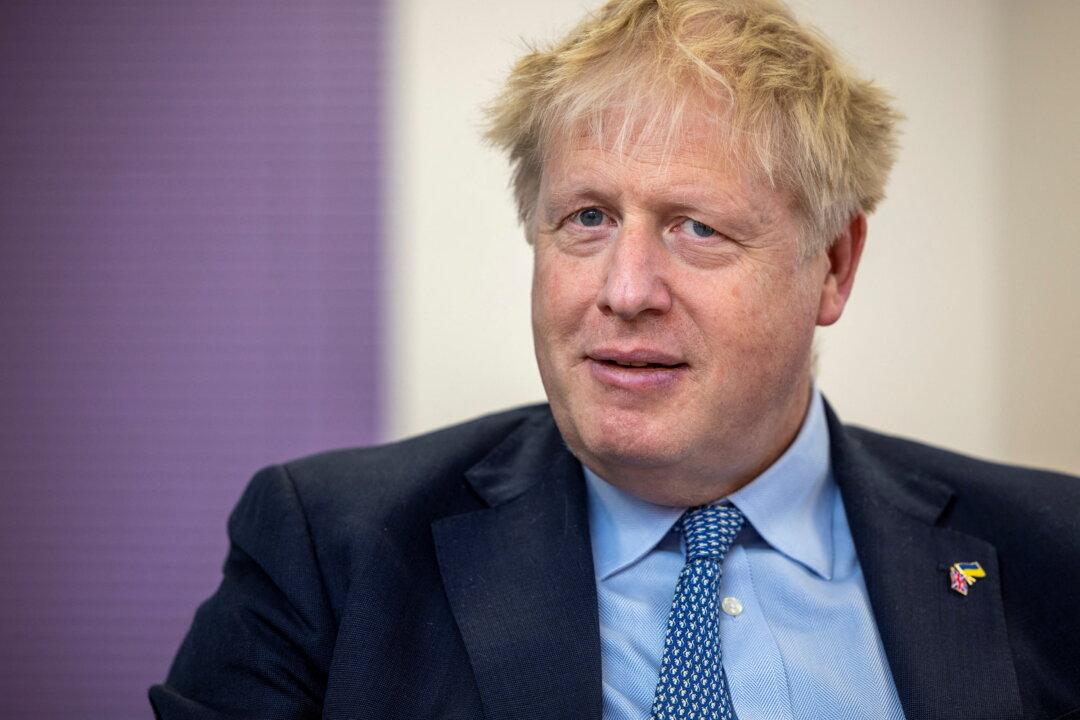Prime Minister Boris Johnson has announced that he will commit to reducing biofuel production in the UK in a bid to combat skyrocketing food prices at home and abroad.
Critics have said it will hardly “make a difference to the cost of living crisis” and urged Johnson to commit to a “radical U-turn on green policy.”




